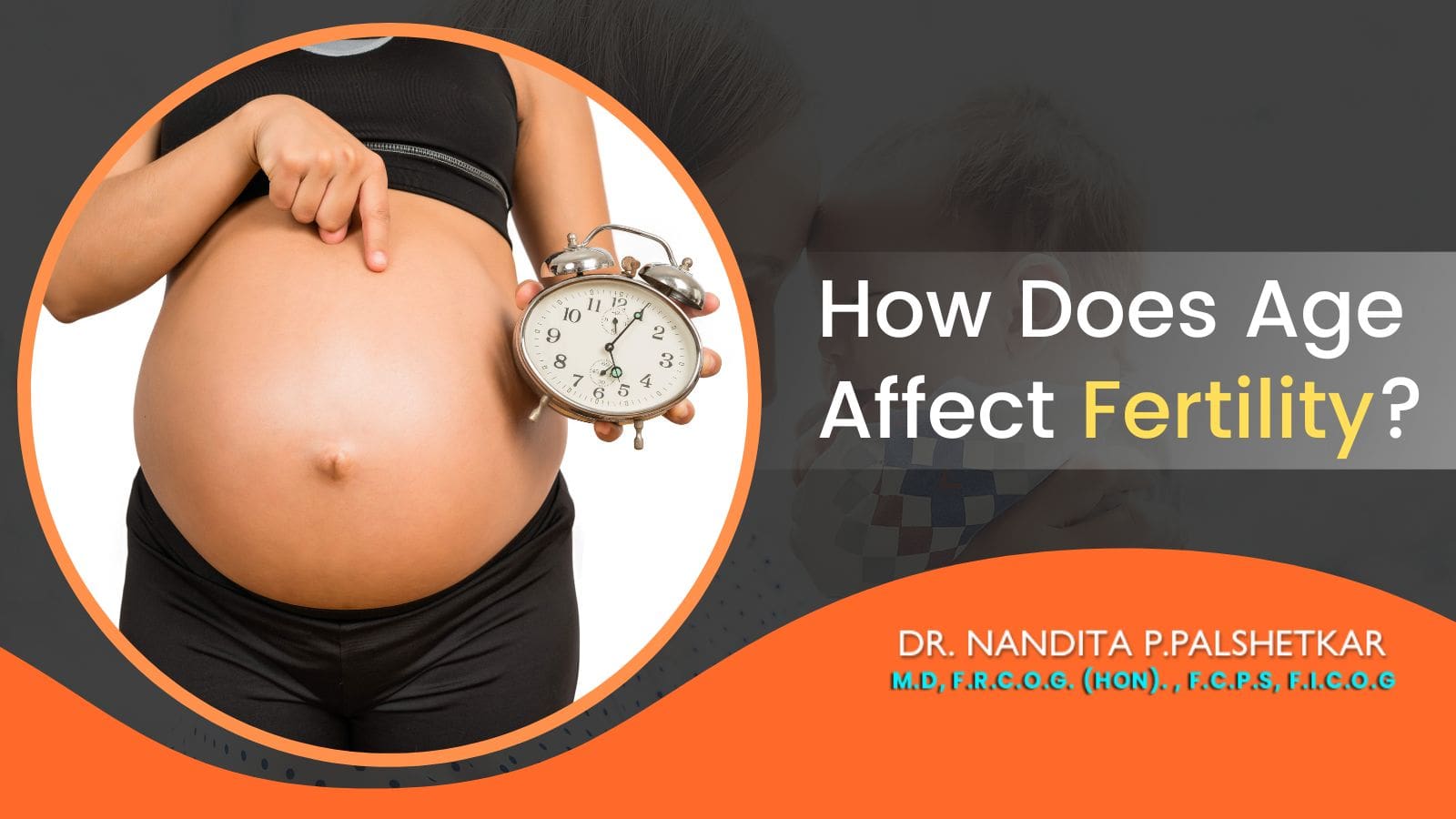

E-Brochure Download Now!

Fertility is the natural capacity to conceive a child. However, not everybody is naturally fertile or forever fertile. Infertility, or the inability to conceive naturally after a year of unprotected sexual activity, affects about nearly 10-14% of couples in India. Let's see how.
Biologically, women and men lose the ability to have children as they age, although the exact time at which this begins to happen varies from person to person. Despite the fact that we may have known someone who has had a healthy baby in their late 30s or early 40s, not everyone trying to have a baby at a later age will have the desired result.
Thus, if you are considering starting a family in the near future, you should understand how aging and fertility are related. Women under the age of 35 and males under the age of 40 generally have a higher likelihood of becoming parents than those who are older.
A woman is born with all the eggs she is going to have in her lifetime. However, the older she gets, her eggs start decreasing in quality and quantity. A woman in her early to mid-20s has a 25-30% chance of getting pregnant every month. The possibility to become pregnant begins to decline when a woman is in her early 30s, and more so after age 35. At age 40, the chances of becoming pregnant in any monthly cycle is around just 5%.
Similar to healthy women, healthy men under the age of 40 often have a higher chance of becoming a parent since the sperm they generate are healthy and active. However, as men age, they may begin to experience medical issues including, erectile dysfunction, which reduces fertility.
It's common for a couple to discover they have a fertility issue after trying unsuccessfully to conceive for a year. There are several factors that increase the risk of infertility across genders:
For this reason, living a healthy lifestyle will increase your likelihood of getting pregnant. You can follow these activities to increase your fertility:
Additionally, talking to your doctor or specialist about any existing medical conditions and being tested for sexually transmitted diseases routinely is a good way to minimize the risks associated with fertility.
In vitro fertilization (IVF) is a complex series of procedures used to help with fertility or prevent genetic problems and assist with the conception of a child.
Fertility treatments such as IVF can help women conceive. However, just like natural conception, IVF is less successful as women age since, (excluding donor eggs), the egg quality degrades with age.
Consult a fertility specialist if you're considering getting pregnant and worried about how your lifestyle choices or age may affect your fertility. They can assist you in determining how to increase your fertility and raise your likelihood of becoming pregnant. Most couples will be able to conceive with the aid of fertility treatments, surgery, or lifestyle modifications.
If you are also facing fertility issues or are unable to conceive a baby, book an appointment or have a free consultation at Dr. Nandita P.Palshetkar's clinic today! We will answer all your questions and solve whatever problems you may have.